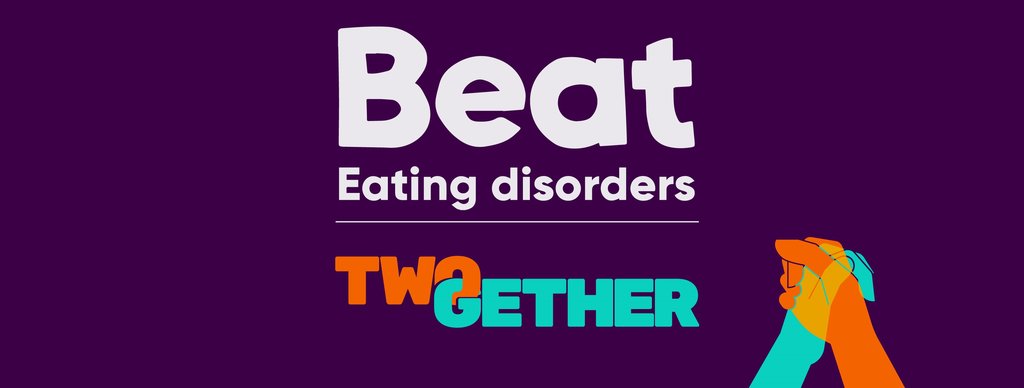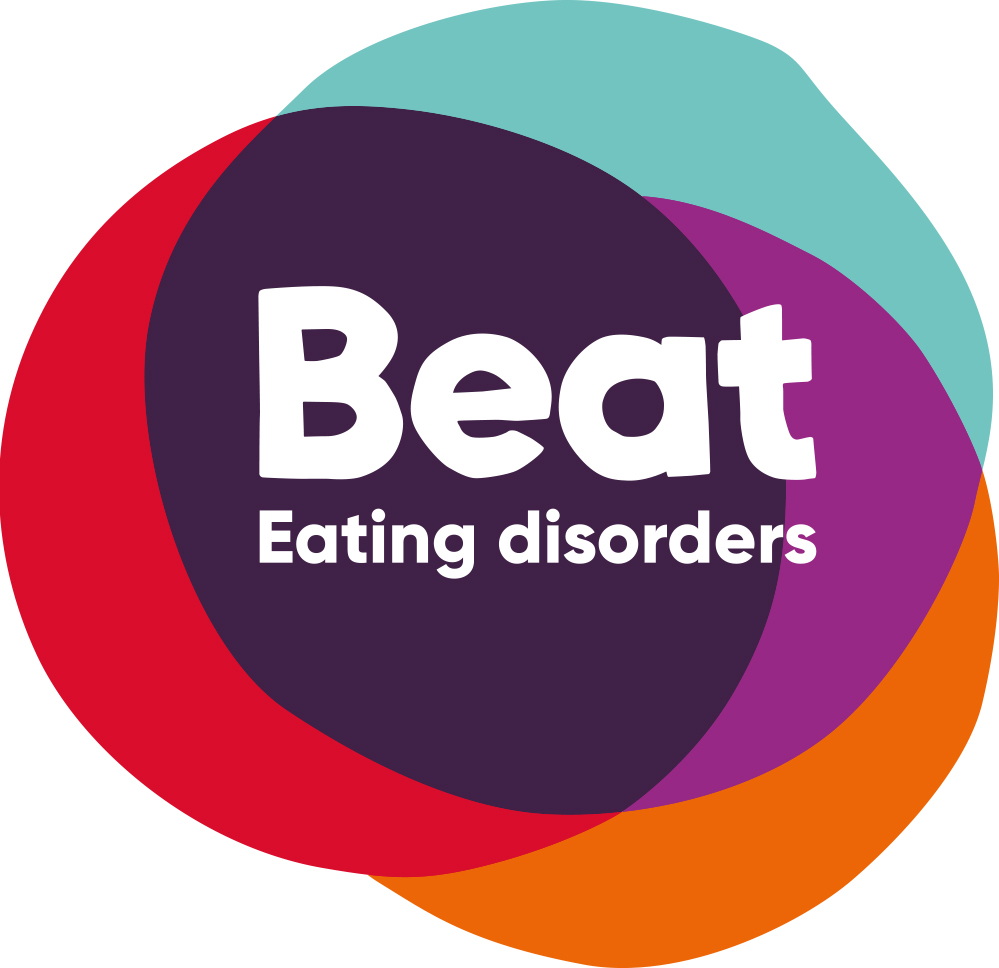
Thousands of men are struggling with eating disorders in silence – often because “toxic stereotypes” stop them speaking out.
More than a million people across the UK have an eating disorder – with 1 in 4 being men. Yet, in 2023, the symptoms of many still go unnoticed.
A busy schedule, a sporty lifestyle or an active hobby can all help hide an illness. However, left undiagnosed and untreated, eating disorders can be fatal.
This year’s Eating Disorders Awareness Week seeks to shatter the toxic stereotypes that stop men from speaking up – and help provide a safe space for them to turn for support.
Reach out for help
Julia Coleby, a consultant clinical psychologist at Tees, Esk and Wear Valleys NHS Foundation Trust said: “It is never easy to seek help, but it can be even harder for men.
“They may not fit the usual stereotype for an eating disorder and can often go for a long time undiagnosed. Cultural attitudes, or exercise and sports hobbies, can hide problems too.
“But help is available to all, and if something doesn’t feel right, please talk to someone. Don’t ever think it is not OK to open up, because there are services in place to help you.”
Eating disorders are complex mental illnesses which anyone, regardless of age, gender or ethnicity, can develop. Indeed, reported cases range from age six to people in their 70s.
With the right support and treatment, however, statistics shows that most people improve or make a full recovery.
Ali’s story
Life has certainly come full circle for Ali Young – who was a TEWV in-patient at West Park Hospital in Darlington, receiving treatment for anorexia, just a decade ago.
Now, following a full recovery, he is an assistant practitioner in an eating disorder service – using his lived experience to support others on the journey back to health.
“I genuinely thought I was in control of my eating. The strength and depth of how anorexia controls you, and doesn’t allow you to see any other perspective, is unbelievable,” he said.
“But you can fully recover. It doesn’t have to be a life-long condition. I’ve worked with lots of people, and know lots of people, who have recovered. Never give up, it can be done.”
Eating disorders can take over not only a sufferer’s life, but the lives of those around them. If you’re caring for someone with an eating disorder, it can be difficult to know how to help,
A key action is to encourage a person to seek treatment as soon as their symptoms – either physical or mental – appear, as early treatment greatly increases chances of recovery.
Carers need help too
Tom Capeling fought endless battles to stop an eating disorder ruining his daughter’s life. Now she is in recovery, he is campaigning to raise awareness of the need to support carers.
“You might not think of yourself as a carer, but whether you are a parent or a loved one, living with someone with an eating disorder can be awful,” said Tom, 59, from Sunderland.
“It wants that person to be alone and isolated and makes them do anything to turn others away. It’s like living with two people – the person you love and someone else hidden inside.”
Tom’s daughter was hospitalised five times before she finally accepted help. It was then a daily battle for almost a year after being discharged, but she is now back in control of her life.
His experiences have led Tom to join the lived experienced advisory group – run by TEWV and Cumbria, Northumberland, Tyne and Wear NHS Foundation Trust (CNTW) – to help steer the course of future support for both patients and carers.
“Some people might say an eating disorder is always with you, but my daughter doesn’t. She feels fully recovered – which shows you can recover and go back to a normal life,” he said.
It is not yet known why exactly people develop eating disorders, but evidence suggests it’s a combination of a biological predisposition towards the illness and some kind of “trigger”.
What is known, however, is that people with eating disorders do not choose to have them and can’t help being ill. Encouraging them to seek early treatment is the best way forward.
Reaching out early helps
Dr Katherine Crosby, consultant clinical psychologist for the adult eating disorder service – part of the provider collaborative model between TEWV and CNTW, said:
“Eating disorders can be so isolating, but the most important message we can give is “don’t try to tackle it on your own”. It might be hard, but you need to reach out and talk to someone.
“Men in particular might find it hard to talk about what they are going through, which is why we welcome the focus on men during this year’s Eating Disorder Awareness Week.
“There is so much help out there, and we want people to know they are not on their own. We just need you to come forward, so that we can work alongside you on your recovery.”
